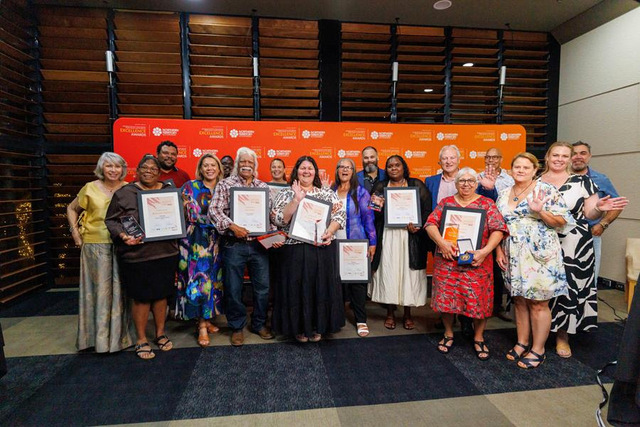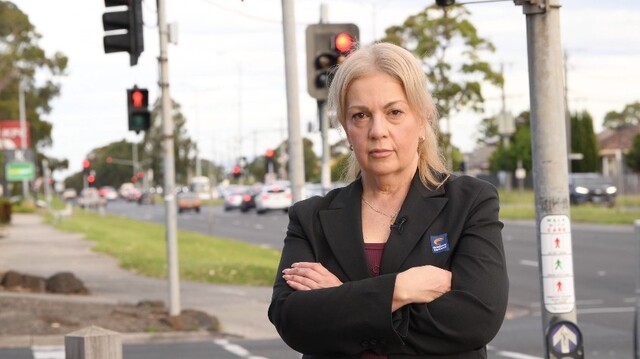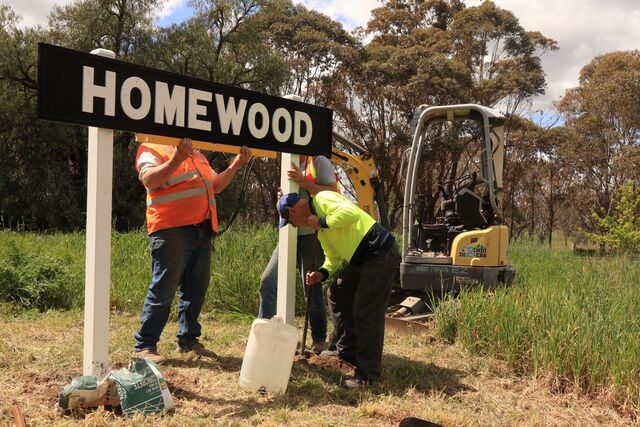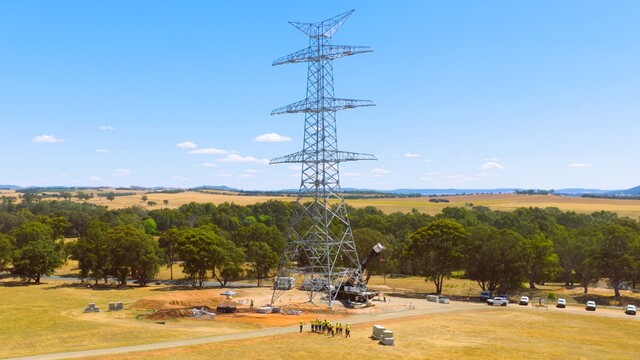At a time when local government is trying to win state support for a
referendum to recognise local government in the Australian Constitution,
the level of discord between state and local governments across
Australia is concerning.
Councils in New South Wales and Western Australia have expressed their opposition to state government proposals which would reduce the total number of councils and result in the formation of ‘mega cities’ like Brisbane.
While advocates for expanded local government areas like Perth Lord Mayor Lisa Scaffidi say expansion is necessary to meet the requirements of a modern capital city, councillors from outlying councils which face absorption are rightfully concerned about their place in a larger, amalgamated council.
South Perth Mayor Sue Doherty has pointed out that residential suburbs like hers face isolation from funding and underrepresentation.
Similarly, councillors in NSW such as Randwick City Council Mayor Tony Bowen have argued a mega Sydney council model is ‘taking the local out of local government’, to the detriment of the community.
Response has been more positive to the NSW Planning White Paper and its proposed strategic community consultation model aimed at engaging communities in the planning process.
But councils have stressed the need for funding from the State Government to support councils if they are to implement the White Paper recommendations.
Meanwhile, the Municipal Association of Victoria (MAV) believes the autonomy of Victorian councils has been put at risk by new differential rates guidelines put in place by Local Government Minister Jeanette Powell.
Calling the guidelines autocratic and inconsistent, MAV President Councillor Bill McArthur said the reforms appear politically motivated.
“Our legal advice suggests the proposed guidelines may be inoperable, as they appear to have overstepped the powers conferred on the Minister through legislation.”
A referendum might give constitutional recognition to the important role of local government in delivering services to the community, but that role is changing.
Most councils seem to agree that changing social, economic and environmental circumstances mean local government must adapt to serve the needs of their community into the future.
But it’s essential that as Australia’s metropolitan, regional and rural councils are reformed and strengthened, local voices continue to be heard
and respected.







